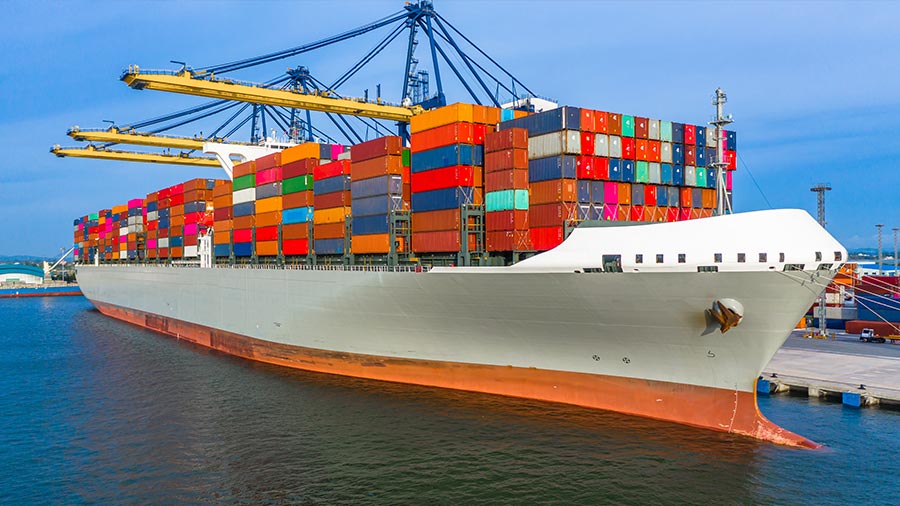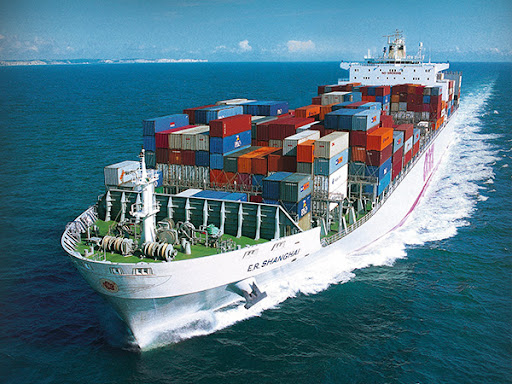For businesses, importing stock is more difficult than clicking ‘proceed to checkout’ on your Amazon cart. The stakes are higher, as the importation of goods is a vital consideration for any company looking to maintain supply to its customers or build out its base.
The need to import is often inescapable, and can aid in increasing profitability when suppliers are in countries with lower production costs. However, before beginning the process, there are factors worth considering to prevent delays, or worse.
TRUSTWORTHY SUPPLIERS
To ensure your customers are satisfied, providing products that are of the quality promised is vital. For many, this can be difficult to do, particularly if importing from a country where you have no contacts and possible language barriers. The cheapest supplier is not always the best, so having referrals and ensuring that the standard of what is ordered matches what is being delivered, will go far in retaining customers.
ASSEMBLING THE RIGHT TEAM
Having the correct people advise you and monitor the process from order to fulfillment and customs clearance, will assist in removing much of the anxiety associated with importation. The right freight forwarder can allay fears and simplify the process, using their expertise to allow for timely delivery and clearance.
CONSIDER RESTRICTED/PROHIBITED ITEMS
All territories will have limitations on what can be imported or rules which apply to items such as alcohol and motor vehicles. You should make the time and effort to research these items before making payments on goods you may not be able to clear. These items are generally listed on the respective territory’s Customs website, but, again, an experienced agent can guide you through the process.
COSTS
The importation of goods in most places across the world will attract charges, maybe a combination of the value of the goods, shipping costs, packaging fees and insurance, among others. You should find out all the costs and charges to be paid before placing an order. These will vary from place to place, but because this expense is tied to your bottom line, you do not want surprises. An experienced clearing agent or freight forwarder will advise you of the related charges to help optimise your revenue when reselling.
KNOW THE SHIPPING ROUTE
By no means are we suggesting that you learn everything about the journey your goods will take, but there are some constants to bear in mind when importing. Stocks that are shipped directly have less chance of being delayed or hit by additional charges at ports en route. However, if there is no direct route between the origin of the goods and the destination, then being prepared for additional charges, or having a professional notify you of the process, is helpful.
HAVE YOUR SHIPPING DOCUMENTS
For speedy clearance and to have the correct charges applied, it is imperative to have your shipping documents on hand. This is necessary for ease of clearance, with some documents, including the bill of lading, being required to account for the goods imported and to demonstrate ownership.



